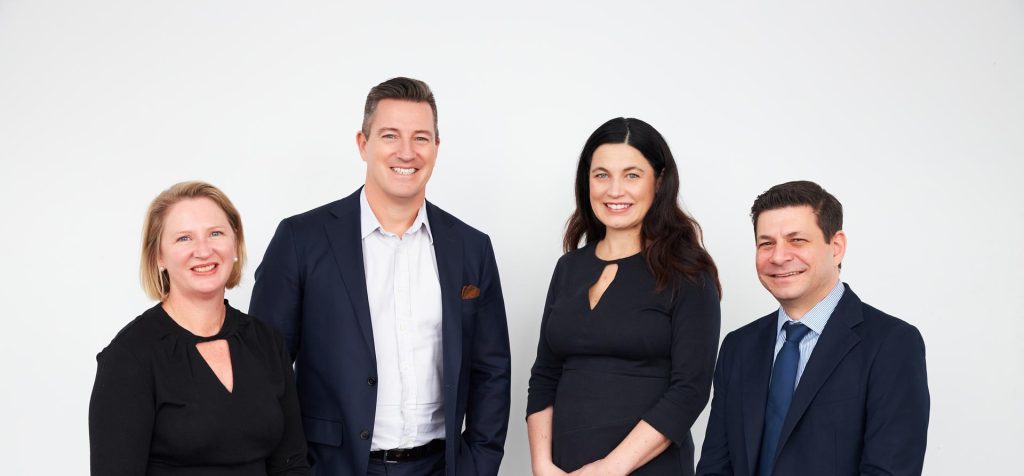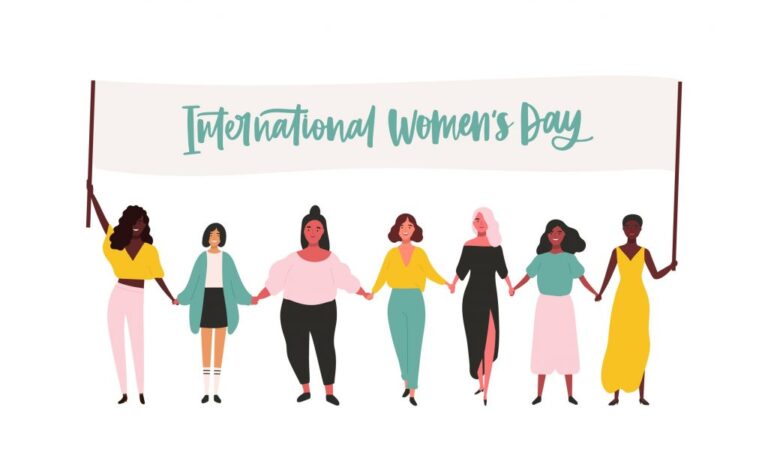Put your Business in the Best Position
The COVID pandemic has forced businesses large and small to navigate the twin challenges of dealing with the crisis while also trying to identify their function in the market when conditions recover.
Nobody can be sure what the new normal will look like so it is vital to seek the best possible advice to put your business in the best position to embrace the new competitive landscape.
With all of this in mind, DEM Asia Group partners Damien Hodkinson and Lucy Vecchio are joining with Hugh Armenis and Kate Barnet to form a new boutique liquidation and business advisory firm, Olvera Advisors.
From July 1, Olvera will focus on business transformation distress debt and capital and crisis management for businesses dealing with the new world.
The merger brings with it a client list that already makes it one of Australia’s leading specialist advisory firms, working with entrepreneurs and business owners to help manage their personal asset holdings.
Olvera operates in small, senior teams to support and supplement clients’ internal management and bring real industry experience along with strategic turnaround skills.
Hodgkinson said the firm will continue to focus on the SME, small-cap ASX entities, and family groups where management and ownership interests are closely aligned.
“The current global pandemic has enormous economic consequences. Despite significant government stimulus, many businesses will not survive without making significant sometimes drastic changes,” Hodgkinson said.
Vecchio said it was important to note that there are many options available to businesses despite the challenging conditions, with liquidation or administration just the tools and not the end solution.
“Our aim is to help businesses identify their real underlying problems, then identify and work with key stakeholders to secure the short term finance and debt consolidation required to facilitate a restructure,” Vecchio said.
“We encourage businesses to reset and grow. It is important to note that most businesses suffer their toughest challenges, not during a downturn but through their growth cycle – stress & distress is a normal part of business performance.”
Armenis said the Olvera model splits financial and operational goals into four simple functions: fix, fund, trade, and resolve.
“Olvera understands that not all problems and therefore not all solutions are the same – there is no one fix,” Armenis said.
Barnet said the key indicator of a successful business is its ability to maintain a strong balance sheet and forward outlook despite any short-term fluctuations in value.
“A turnaround that can focus on increasing the underlying value over the long term, enables the true value of the company to be sustained, reinforced and grown,” Barnet said.





